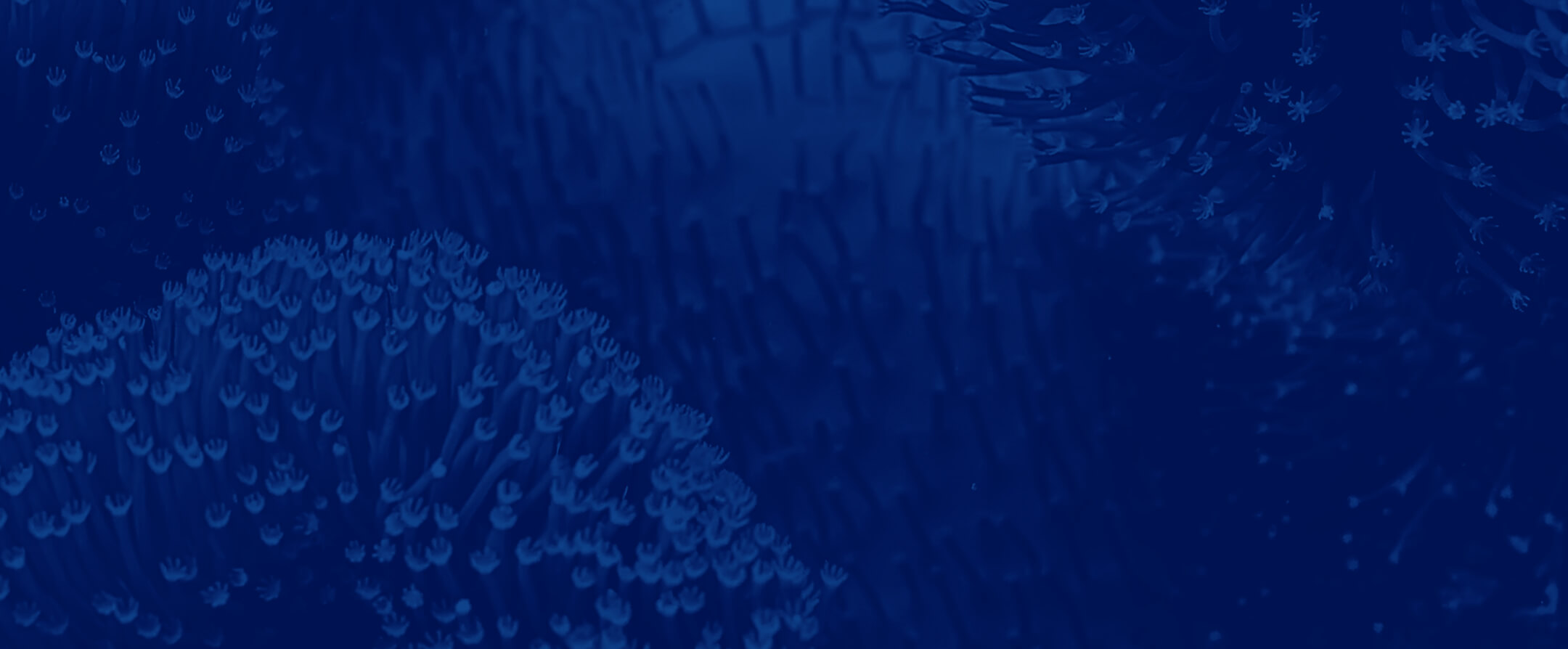Fishing, a $200-billion industry in the United States, provides millions of jobs and sustenance. Newest Mote Research Technician in the Center for Fisheries Electronic Monitoring at Mote (CFEMM), Katie Harrington, is working to ensure long-term fishery and economy health.
Harrington received a $10,000 microgrant from the Sustainable Ocean Alliance to improve fisheries sustainability in the Gulf of Mexico. In partnership with fisheries management, her CFEMM project aims to assist fishermen in avoiding bycatch, animals they do not want, cannot sell, or are not allowed to keep. Harrington’s project will create automated data through electronic monitoring (EM) that will generate hotspot maps of high catch and low bycatch locations.
These products will then be provided to the fishermen, Gulf management, and other industry members.
“The hotspot maps generated through this project will not only be useful tools for fishermen, but will also be beneficial for fisheries managers to better understand and manage stocks,” said Harrington. “Better management of stocks ensures long-term fishery health for both industry and ecological demands.”
With this, Harrington believes fishermen could operate more efficiently with less waste, while managers can adjust catch levels as necessary in order to help an ecosystem resist, recover or adapt to climate change.
“This project also ensures that the stocks can adapt to fluctuations in population or habitat health that stem from climate change,” she said.
CFEMM is the only program dedicated to developing and assessing EM technology as a tool in the Gulf of Mexico commercial reef fish fishery to better meet the demand by industry and management for accurate, independent data to ensure long-term fishery health.
CFEMM is able to promote and maintain sustainable fishing through multiple partnerships. Projects like Katie’s are designed to make this happen.
Read more about CFEMM here.


